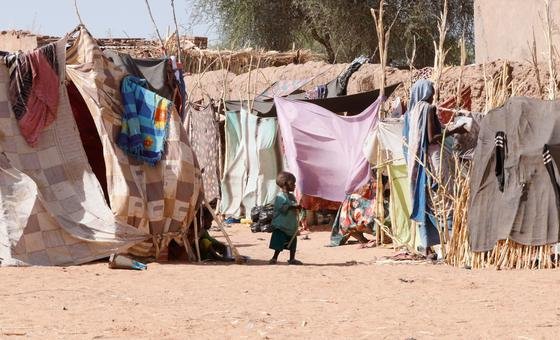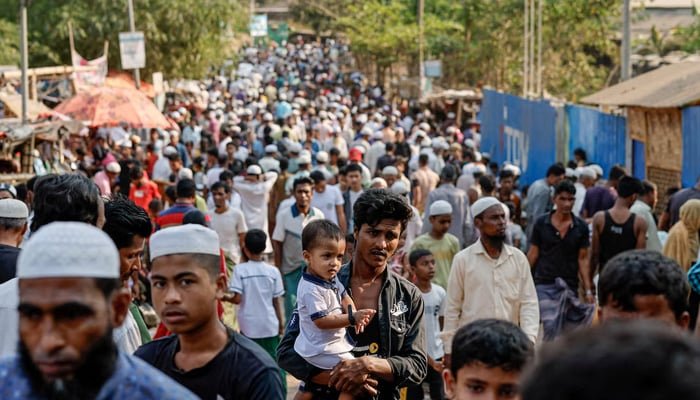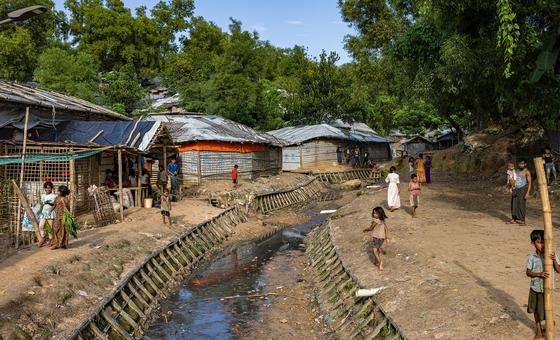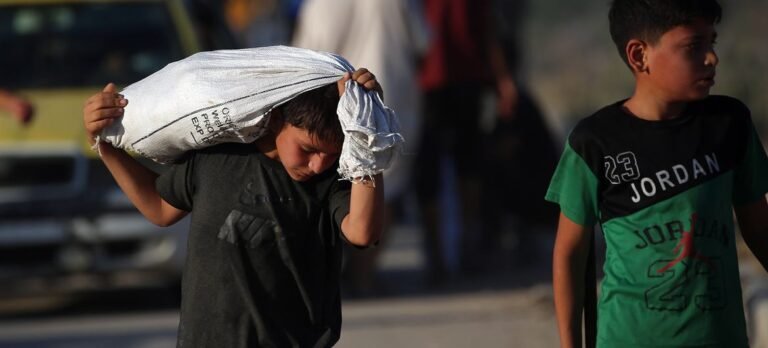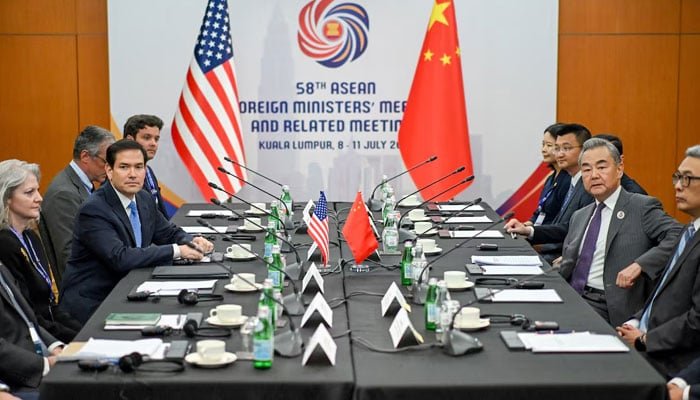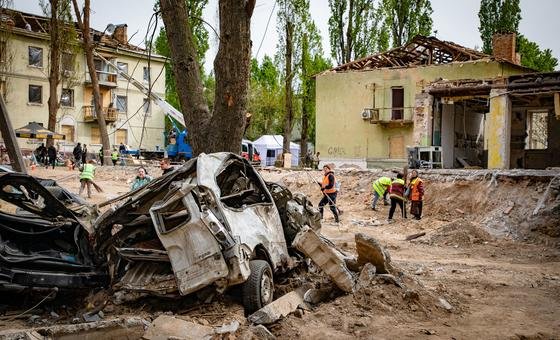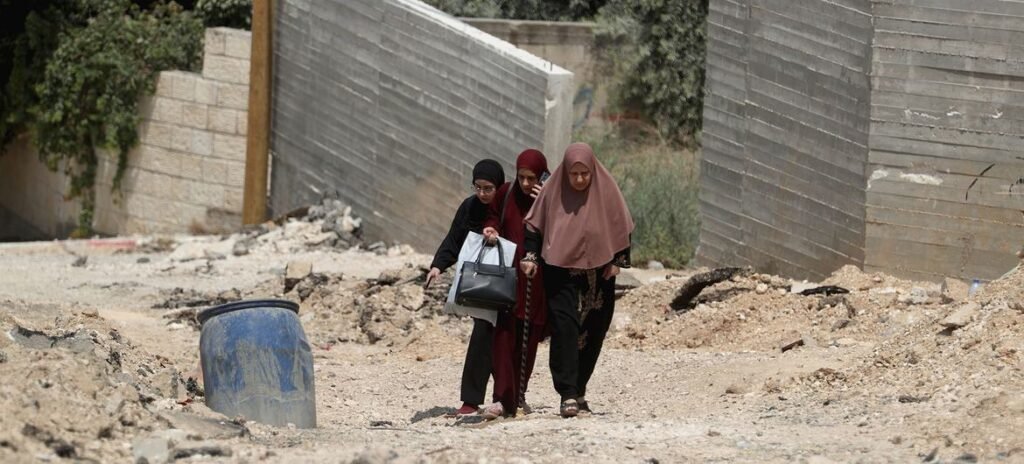Deputy Prosecutor Nazhat Shameem Khan told ambassadors in the UN Security Council that the ICC has “reasonable grounds to believe” that both war crimes and crimes against humanity are being committed in region, where a deepening conflict between the Sudanese Armed Forces and the Rapid Support Forces (RSF) has plunged the region into a humanitarian disaster.
Among the most disturbing patterns, she said, is the targeted use of sexual violence, including rape, abduction, and gender-based assaults – a campaign often directed at women and girls from specific ethnic communities.
‘An inescapable pattern’
“There is an inescapable pattern of offending, targeting gender and ethnicity through rape and sexual violence,” Ms. Khan said, stressing that such crimes must be translated into evidence for the Court and the world to hear.
She detailed ongoing efforts by the ICC’s Darfur Unified Team to document the atrocities, including through repeated field missions to refugee camps in Chad, the collection of over 7,000 items of evidence and enhanced cooperation with civil society and victims’ groups.
Ms. Khan also emphasized a renewed focus on gender crimes, supported by the Court’s dedicated gender unit, and called on all partners to work more closely to “ensure there is no gap in our efforts to hold perpetrators accountable.”
Deteriorating humanitarian crisis
Meanwhile, the humanitarian situation worsens.
According to the UN Office for the Coordination of Humanitarian Affairs (OCHA), aid convoys are being targeted, hospitals bombed, and food and water deliberately withheld.
In early June, five humanitarians were killed in an ambush in North Darfur, while airstrikes in West Kordofan killed over 40 civilians, including patients and healthcare staff.
Active shelling
In El Fasher, the capital of North Darfur, active shelling and armed encirclement by RSF forces have effectively cut off civilians from lifesaving assistance. Reports of extortion and diversion of aid in surrounding areas have further compounded the crisis.
The outbreak of cholera is spreading across conflict zones, with Darfur now experiencing cross-border transmission into Chad and South Sudan.
Health officials warn that the ongoing rainy season could worsen the epidemic by contaminating already-scarce water sources.
Committed to justice
Alongside humanitarian challenges, the ICC also faces formidable obstacles.
Deputy Prosector Khan noted a series of challenges, including obstruction and hostility towards investigators on the ground, critical underfunding, limited cooperation from some States, and difficulties surrounding the arrest and transfer of individuals under ICC warrants.
However, despite the challenges, she affirmed the ICC’s commitment to justice.
She pointed to the pending verdict in the trial of Ali Muhammad Ali Abd-Al-Rahman, also known as Ali Kushayb, as a milestone for accountability – and a warning to perpetrators who still believe themselves beyond the reach of international law.
“They should understand: we are working intensively to ensure that this trial is only the first of many,” she said.

